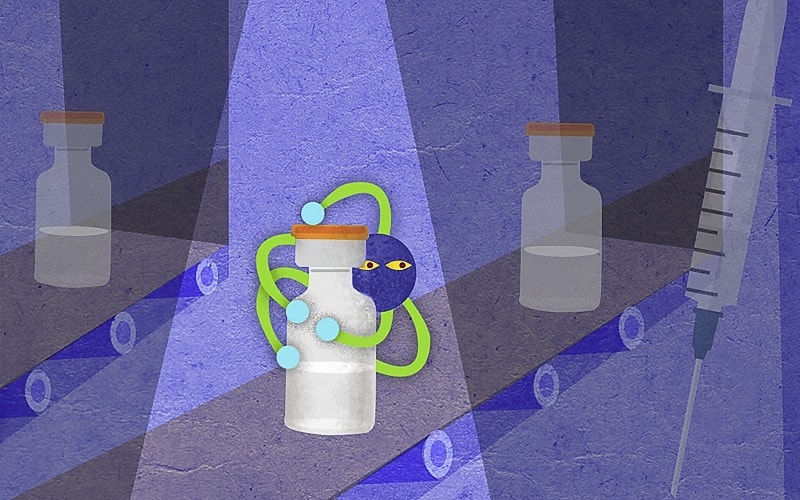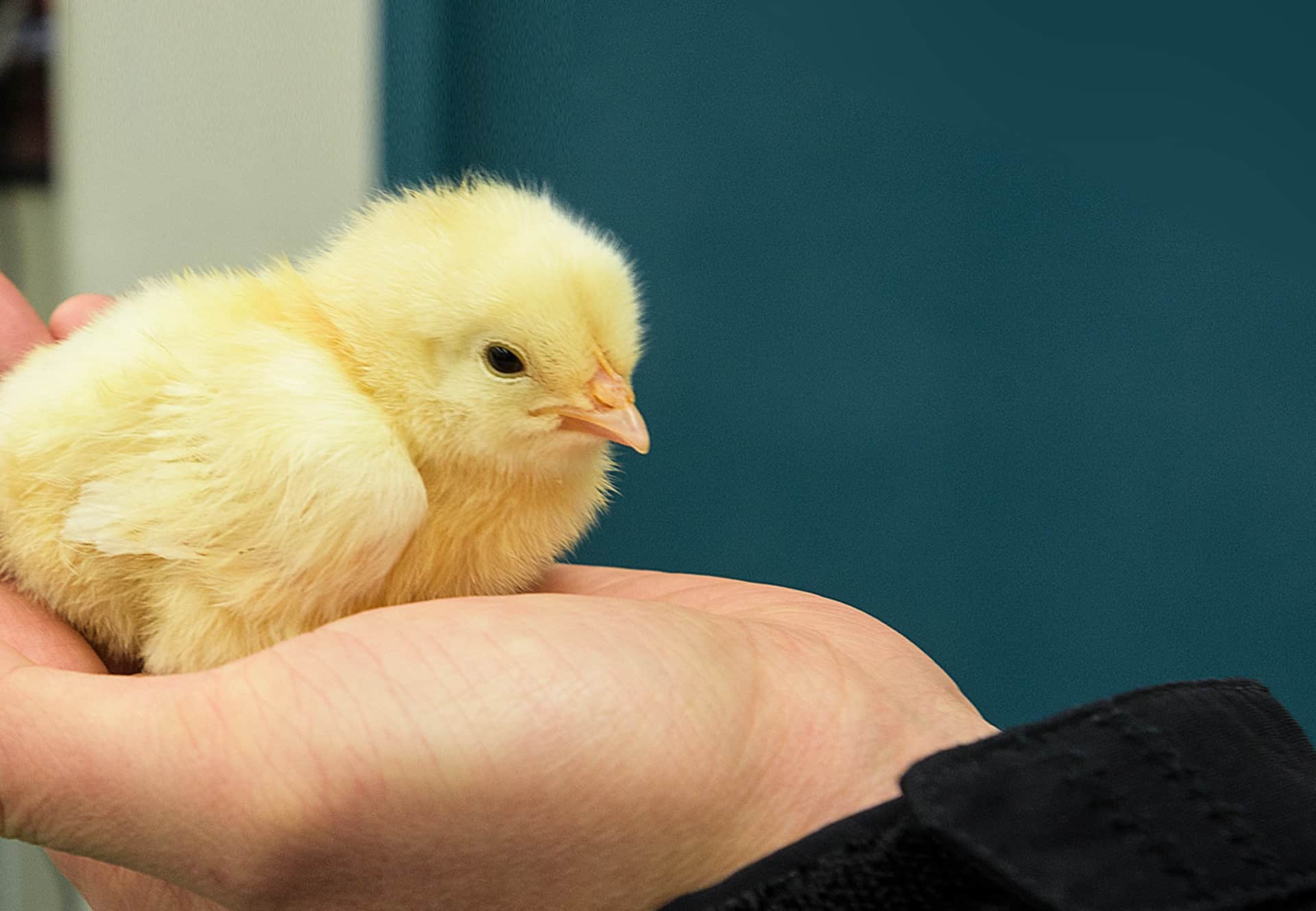 Research & Discovery
Research & Discovery
A Blog Devoted to UD Innovation, Excellence and Scholarship
Research & Discovery
A Blog Devoted to UD Innovation, Excellence and Scholarship
Hitchhikers hinder medication shelf life
UD ingenuity sheds light on key biopharmaceutical manufacturing problem
Why some biopharmaceuticals have a longer shelf life than others is a problem that has baffled scientists and manufacturers alike. Even the same medication, produced by different manufacturers, can vary in its storage life.
University of Delaware Professors Kelvin Lee and Abraham Lenhoff offer insight on one way this can happen in a special class of drugs called monoclonal antibodies, which comprise a large fraction of biopharmaceuticals.
Traditional small molecule medicines, such as ibuprofen or aspirin, are manufactured using well-defined, discrete chemical reactions between various chemical compounds. Biopharmaceuticals, on the other hand, are much larger and more complex molecules that are manufactured by growing cells that produce a desired protein (often, an antibody) that is purified to create the medicine.
Biopharmaceuticals can be used to treat cancers and autoimmune or inflammatory disorders, such as rheumatoid arthritis and Crohn’s disease. Adalimumab, for example, is a monoclonal antibody that blocks inflammation caused by rheumatoid arthritis by binding to the signaling protein that triggers the swelling.
The human body makes millions of antibodies in small quantities. Antibodies are what protect you from infection, and to some extent, from disease. For example, a chicken pox vaccine helps the body learn to make an antibody against the chickenpox virus. If you get chickenpox after being vaccinated, the body marshals its antibody troops and sends them off to find, and bind, to the virus; then signals the immune system to eliminate it from the body.





